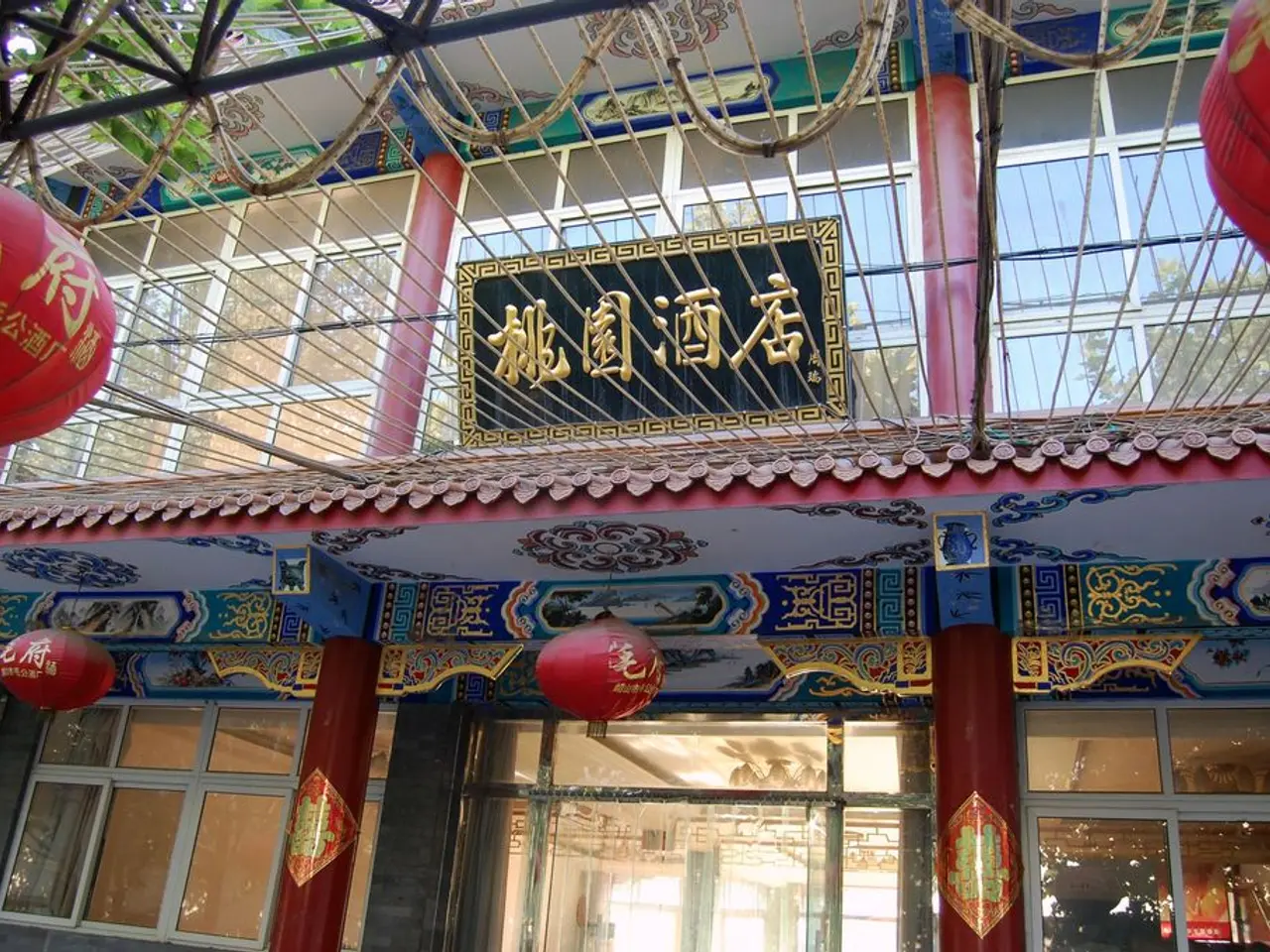Optimized Technologies Provide Sustainable, Adaptable, and High-Performance Solutions at The Crick Institute
In the heart of London's Knowledge Quarter, a new biotech facility at 20 Triton Street is set to revolutionise the city's scientific community. Co-created by British Land and The Francis Crick Institute, this state-of-the-art facility is designed to foster collaboration, drive investment in biotech, and support groundbreaking advancements in global health.
The collaborative space, which spans 33,000-square-feet, boasts fully serviced and fitted labs, write-up areas, offices, and shared spaces. Its strategic location within the Regent's Place science campus and the Knowledge Quarter aligns with broader efforts to establish London as a hub for biotech innovation.
Key features of the facility include a collaborative environment, advanced facilities, and a strategic location. The design promotes collaboration among researchers and industry partners, offering a platform for shared ideas and innovative solutions. The facility includes fully fitted labs to support research and development activities, ensuring that cutting-edge research can take place within its walls.
Situated in the heart of London's Knowledge Quarter, the facility benefits from its vibrant scientific community and proximity to other major research institutions. This strategic location is expected to contribute to the growth of the biotech sector in the area, with nearby developments such as 1 Triton Square and Euston Tower also expected to play a role.
The partnership with The Francis Crick Institute underscores a commitment to advancing scientific research and innovation in biotechnology. The Crick at Regent's Place, as the facility is known, features Optima's high-performance solutions, including Edge Affinity doors and Revolution 54 Plus partitions, which are designed to reduce noise transfer between spaces, promoting productivity and collaboration.
Squiggle Glass, writable magnetic glass walls, are bonded to the walls next to the labs, providing multifunctional surfaces for collaboration and idea sharing among researchers. The interior fit-out of the facility also includes glass partitioning solutions, doors, and bespoke elements, such as Optima's Revolution 100 double-glazed partitioning, power-assisted doors, and writable magnetic glass walls.
The design achieves striking visual impact and acoustic privacy, ensuring that noise from the bustling 'meet and greet' area does not interfere with the focused work inside the adjacent lab. A key design element is the integration of standout feature LED lighting into Optima's high-acoustic performance Revolution 100 partitions, which are strategically installed in the reception area to create an inviting first impression and reinforce the facility's identity.
The building at 20 Triton Street is rated BREEAM Excellent, and all materials adhered to Gensler Product Sustainability (GPS) standards. Optima's partitioning and door frames are manufactured in the UK using Hydro CIRCAL 75R aluminium, composed of at least 75 per cent post-consumer recycled aluminium.
The Crick-supported facility at 20 Triton Street is a testament to the power of collaboration and innovation in driving scientific advancement. As Becky Spenceley, Design Director at Gensler, aptly put it, "This project is a wonderful team collaboration that will contribute to life-changing scientific discoveries." The project showcases Optima's leadership in providing a tailored solution that helps set the standard for high-performance laboratory design in the future.
- The new biotech facility at 20 Triton Street, situated in London's Knowledge Quarter, utilizes advanced technologies and amenities, such as fully serviced labs, writable magnetic glass walls, and high-acoustic performance Revolution 100 partitions, to foster collaboration and drive innovation in global health.
- The collaborative biotech facility, which is co-created by British Land and The Francis Crick Institute, is designed to support groundbreaking advancements in health and wellness, offering a platform for shared ideas and innovative solutions among researchers and industry partners.
- The state-of-the-art facility, which is awarded a BREEAM Excellent rating, incorporates eco-friendly materials that adhere to Gensler Product Sustainability (GPS) standards, showcasing a commitment to environment-friendly practices within the science and technology industry.
- The Crick-supported facility's strategic location within the Regent's Place science campus and the Knowledge Quarter aims to establish London as a global hub for biotech innovation, supporting the growth of the biotech sector in the area.
- The collaborative space includes key features like a vibrant scientific community, advanced facilities, and a strategic location within London's Knowledge Quarter, all of which position the facility to contribute to significant advancements in science, health, and business.




